Make no bones about it, Ennio Morricone was one of the greatest film composers of all time, if not the greatest. He had a career that spanned close to 60 years and released hundreds upon hundreds of film scores while active, many of them legendary pieces of music in their own right, on top of them perfectly suiting the films they were written for.
Collider has previously covered the fantastic scores of Ennio Morricone, discussed here. Building on that list, some of these scores are a little less well-known or otherwise underrated. Even some of his greatest works weren't fully appreciated until years after they were written, which helps highlight the timeless nature of his music.
'The Mercenary' (1968)
One of the best films from Sergio Corbucci — the second most well-known Spaghetti Western director with Sergio as a first name (after Sergio Leone) — The Mercenary mixes a story filled with revolution and personal revenge with action, war, and even some comedy. It's a little messy but overall engaging.
As always, it's elevated by Morricone's music. Its best piece of music is easily "L'Arena," which is one of the most memorable individual pieces of music he ever wrote, having a fantastic build-up towards a cathartic ending. It's used fantastically in The Mercenary's climactic duel, and perhaps even better some 36 years later in Kill Bill Vol. 2, for the scene where The Bride escapes from the coffin she's been buried in.
'The Legend of 1900' (1998)
Ennio Morricone and director Giuseppe Tornatore had worked together before 1998 (most notably for the amazing Cinema Paradiso), but The Legend of 1900 is one of their best collaborations. It's a film about a pianist (Tim Roth) who spends his whole life on board an ocean liner, so the music-themed plot is a perfect match for Morricone's talents.
There's a sweeping main theme and an achingly emotional love theme, but the score's highlight might be a piece called "The Crisis." It comes during a downbeat part of the film and has a simple melody with an intentionally off-key note. Leave it to Morricone to make an objectively imperfect song somehow sound perfect.
'The Great Silence' (1968)
The score has to do a good deal of the heavy-lifting for The Great Silence, as its lead character is a mute gunslinger (Jean-Louis Trintignant) who naturally doesn't have any dialogue. It's a grim story about corruption and hopelessness in the west, feeling far darker than any American Western had dared be up until that point.
Also, the snowy setting adds a layer of coldness and despair to the intense plot, and Morricone's score is beautifully melancholic. It's impossible to separate the stark, moody visuals from his mournful score, and it's hard to imagine any other music complementing the film better.
'Once Upon a Time in America' (1984)
One of the greatest and most beloved epic films of all time, Once Upon a Time in America, is a vast film and an amazing swansong for director Sergio Leone. He went all out in telling a decades-spanning story about a group of Jewish-American gangsters — from childhood to old age — and so did his frequent collaborator, Ennio Morricone.
As the film's almost four hours long, there's more Morricone music than usual, with numerous memorable themes throughout. While it's now one of Morricone's most popular works, it was underrated and underappreciated on release (as was the film in general), seeing as it didn't even get a nomination for Best Original Score at the Oscars.
'For a Few Dollars More' (1965)
Admittedly, while For a Few Dollars More is a very good western, it does feel like a bit of a warm-up for Sergio Leone's follow-up western masterpiece, The Good, The Bad, and The Ugly. Similarly, Ennio Morricone's score introduces a few musical ideas and themes built on and improved for the film's 1966 sequel (or prequel?).
Notably, the music used for the showdown feels like an early version of the even better showdown music for The Good, The Bad, and The Ugly. Maybe it makes sense; two people are facing off in For a Few Dollars More and a three-way showdown in the next film, after all. Still, it's a great score from Morricone that previews even better music to come.
'Once Upon a Time in the West' (1968)
Like the similarly-named Once Upon a Time in America, Once Upon a Time in the West — the film and the score — have reached classic status while being underappreciated at release. Indeed, it's one of Morricone's most lush and beautiful scores, yet was largely ignored by American critics and award shows.
It's a fantastic film that uses music to tell its slow, simple, and absorbing story. Each character has a distinctive theme, and one even plays a harmonica more than he speaks (Charles Bronson), all for reasons shown by the film's end. Naturally, this allows Morricone to use the instrument in his score, leading to some unforgettable, haunting pieces of music.
'The Mission' (1986)
The Mission tells a story about redemption, faith, and religious corruption, centering on a group of Catholic Jesuits who build a mission in the South American jungle, only to clash with other members of the Church and colonial forces in the area who want the land for themselves.
It's a good movie with beautiful cinematography and solid performances, but the music elevates everything. It's undoubtedly one of Morricone's best and most varied works as a composer. Though it did get an Oscar nomination, it didn't win makes it somewhat underappreciated (at least at the time of release).
'Duck, You Sucker' (1971)
The penultimate film from Sergio Leone - containing the second-last score Ennio Morricone would do for the master filmmaker - Duck, You Sucker is a gritty and often somber western that tells the story of two men who get involved with fighting in the Mexican Revolution of the 1910s.
It's not a complete downer for all of its runtime, but it does end up being Leone's most tragic film, and the music reflects that perfectly. Particularly memorable is the main theme, which incorporates a group of singers chanting one of the main characters' names repeatedly ("Sean"). That sounds like it could be silly, but Morricone makes it work with the music, and it's a theme that's hard to forget once heard.
'My Name Is Nobody' (1973)
My Name Is Nobody is one of the last "true" Spaghetti Westerns and the most light-hearted. It's as much a comedy as it is a Western, focusing on a mismatched pair: a young gunslinger looking for a life of excitement (Terence Hill) and a retired gunman (Henry Fonda) who wants to live out his final days in peace.
While many of Ennio Morricone's best scores are incredibly moving — whether they're downright sad or bittersweet — with his music for My Name Is Nobody, he proves he can pull off almost comically happy music, too. The film's bouncy, sappy theme might not be for everyone, but it's a complete earworm that suits the movie it accompanies perfectly.
'The Professional' (1981)
The Professional is a movie about a secret agent (Jean-Paul Belmondo) who's betrayed by his superiors and imprisoned, only to escape from jail before going on a rampage of revenge against those responsible for wronging him.
It's a very different movie to the westerns Morricone was best-known for during the 1960s and much of the 1970s, but here he shows he can make music for a spy-thriller as good as anyone. The music is mysterious and just melancholic enough without being overly depressing or lethargic, and it's one Morricone score that ends up more memorable than the actual film (which is saying something because The Professional is still a pretty good watch.)

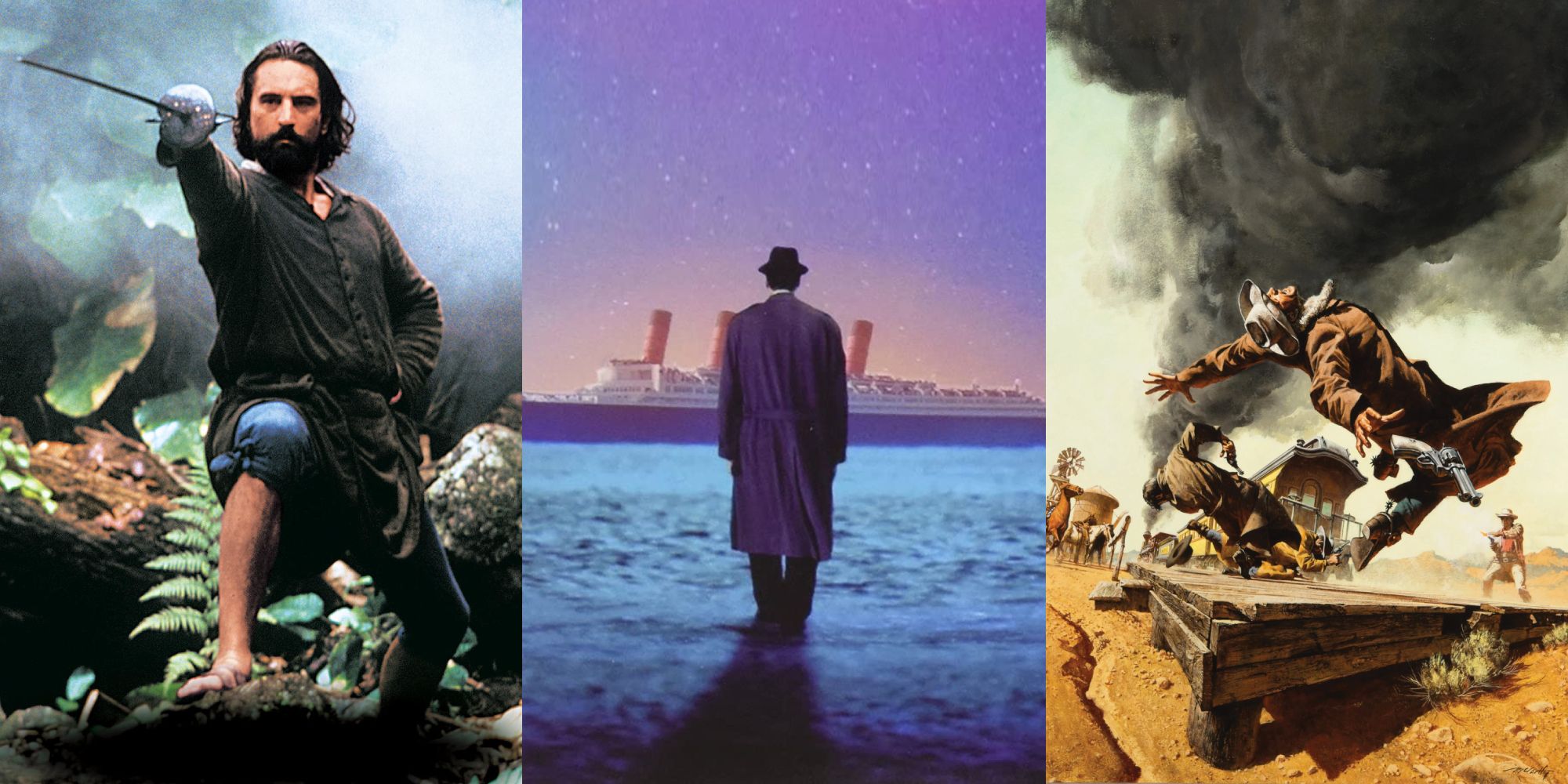
.jpg)
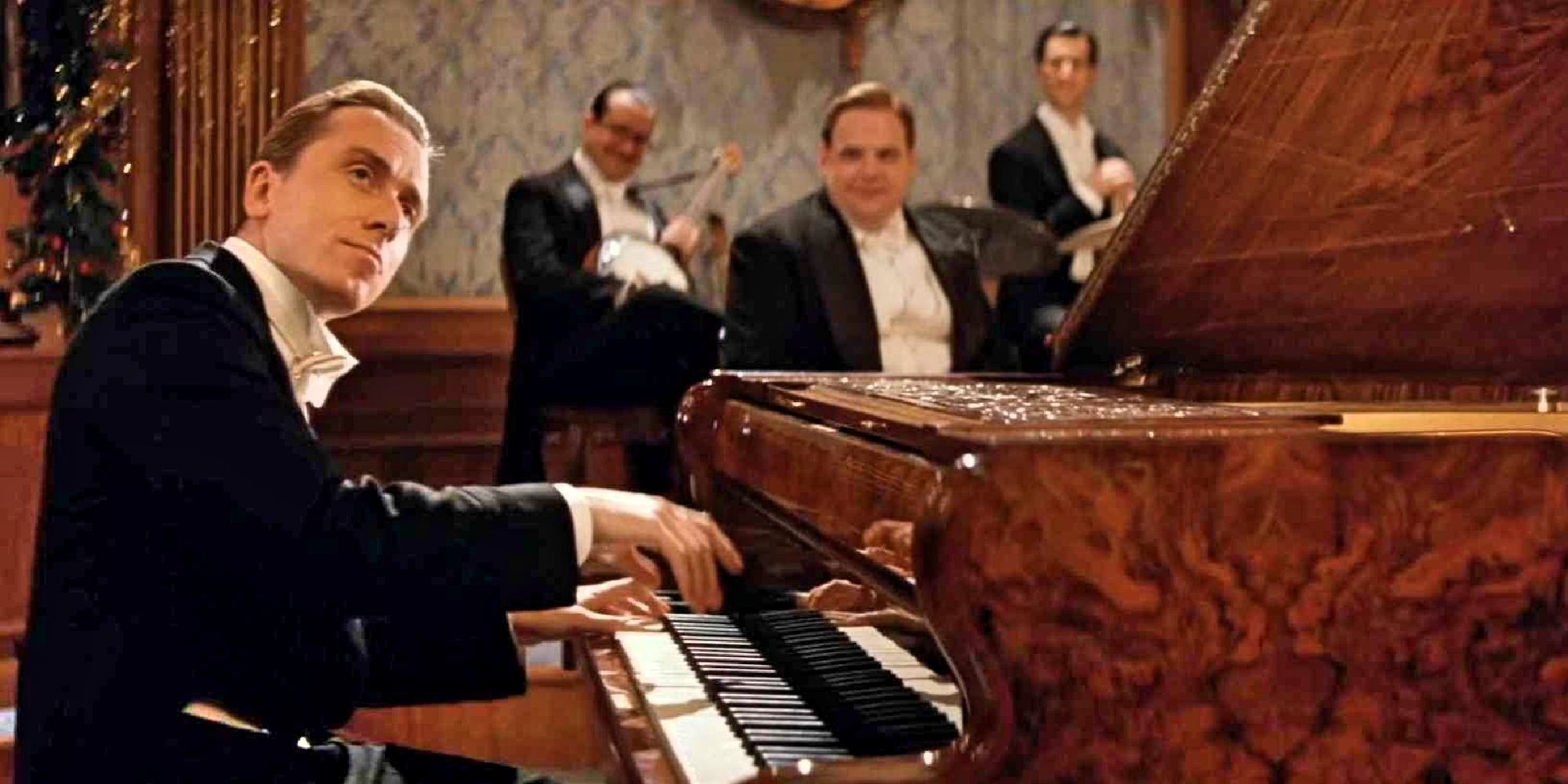
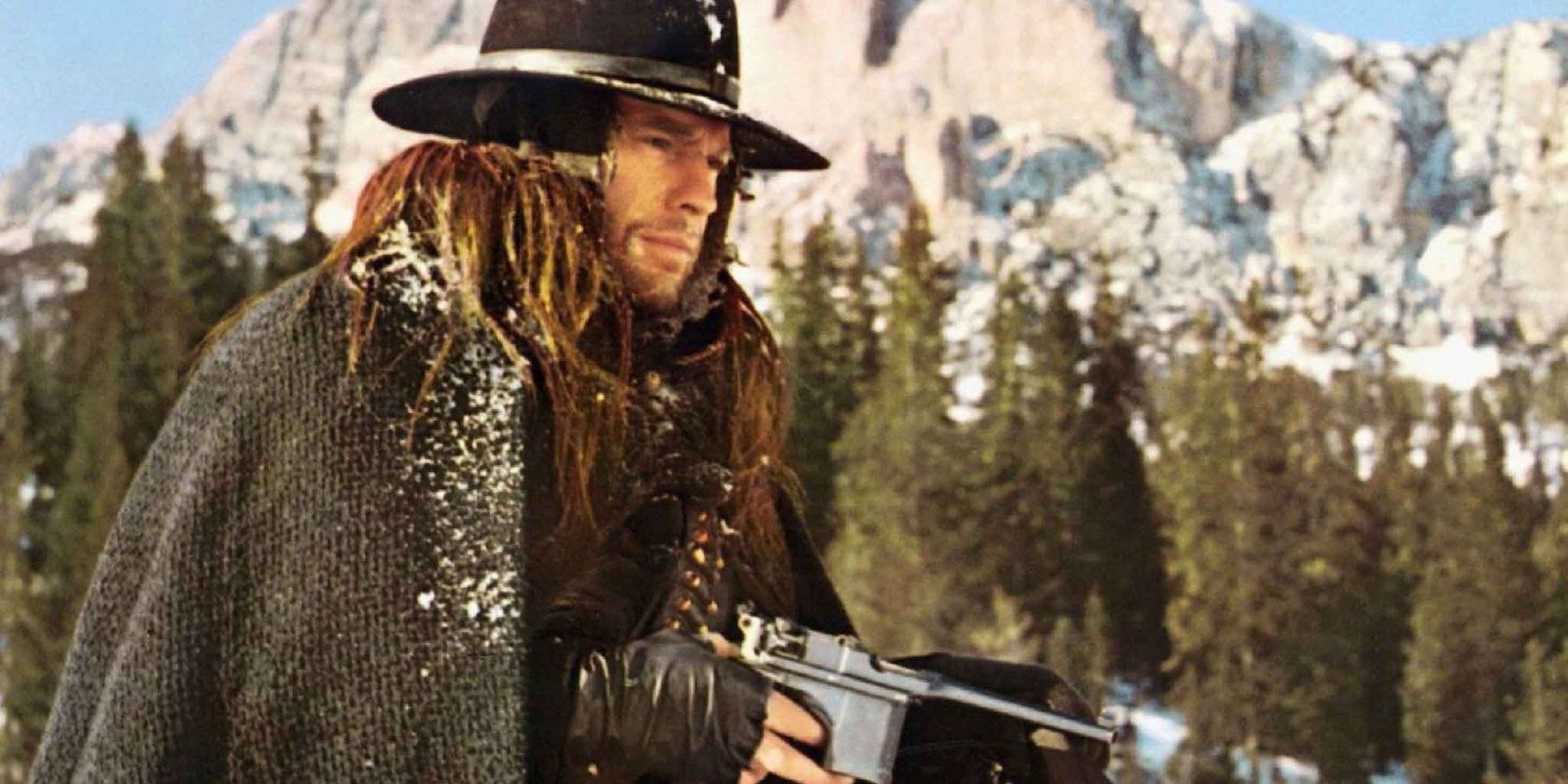
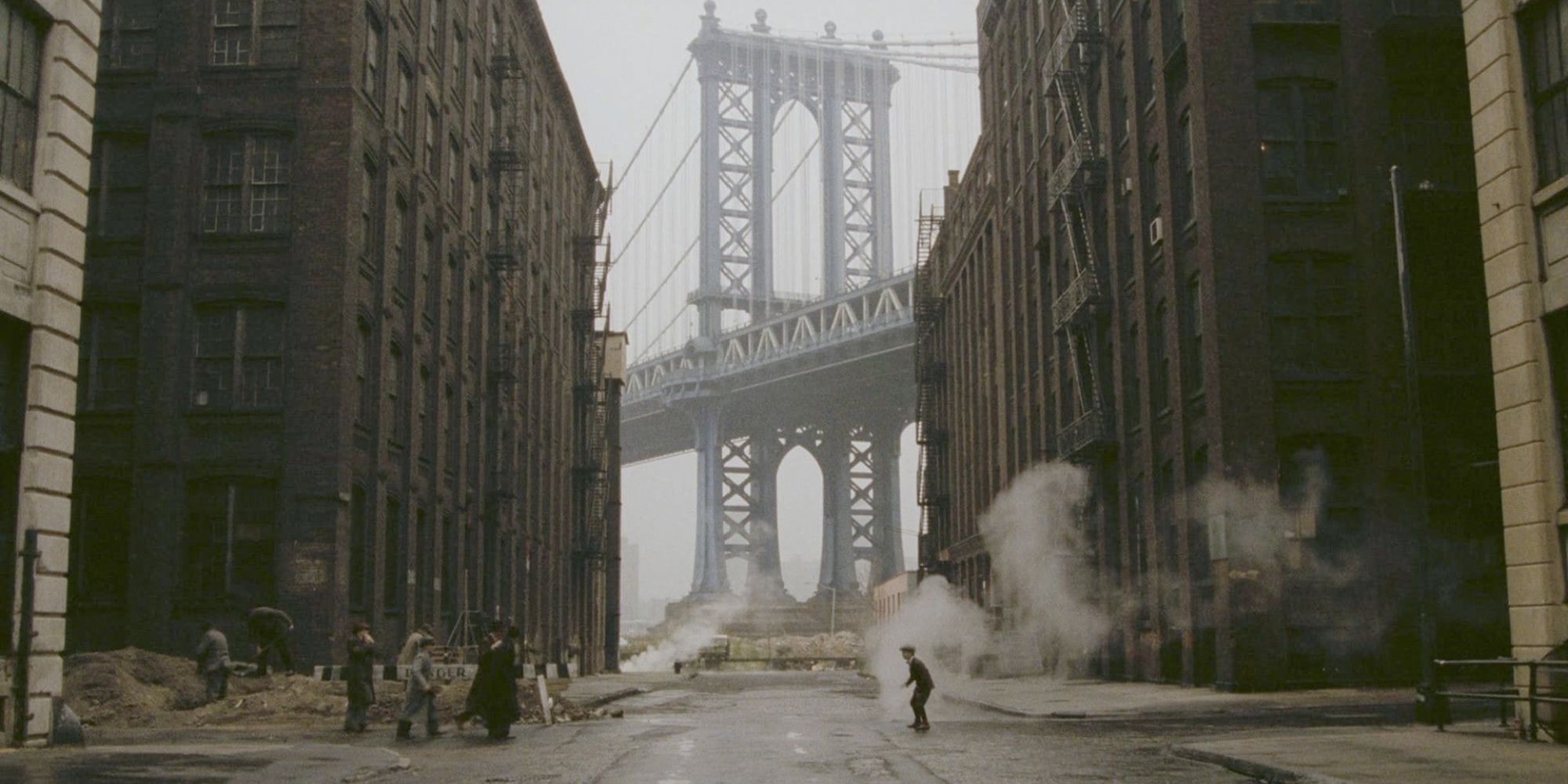
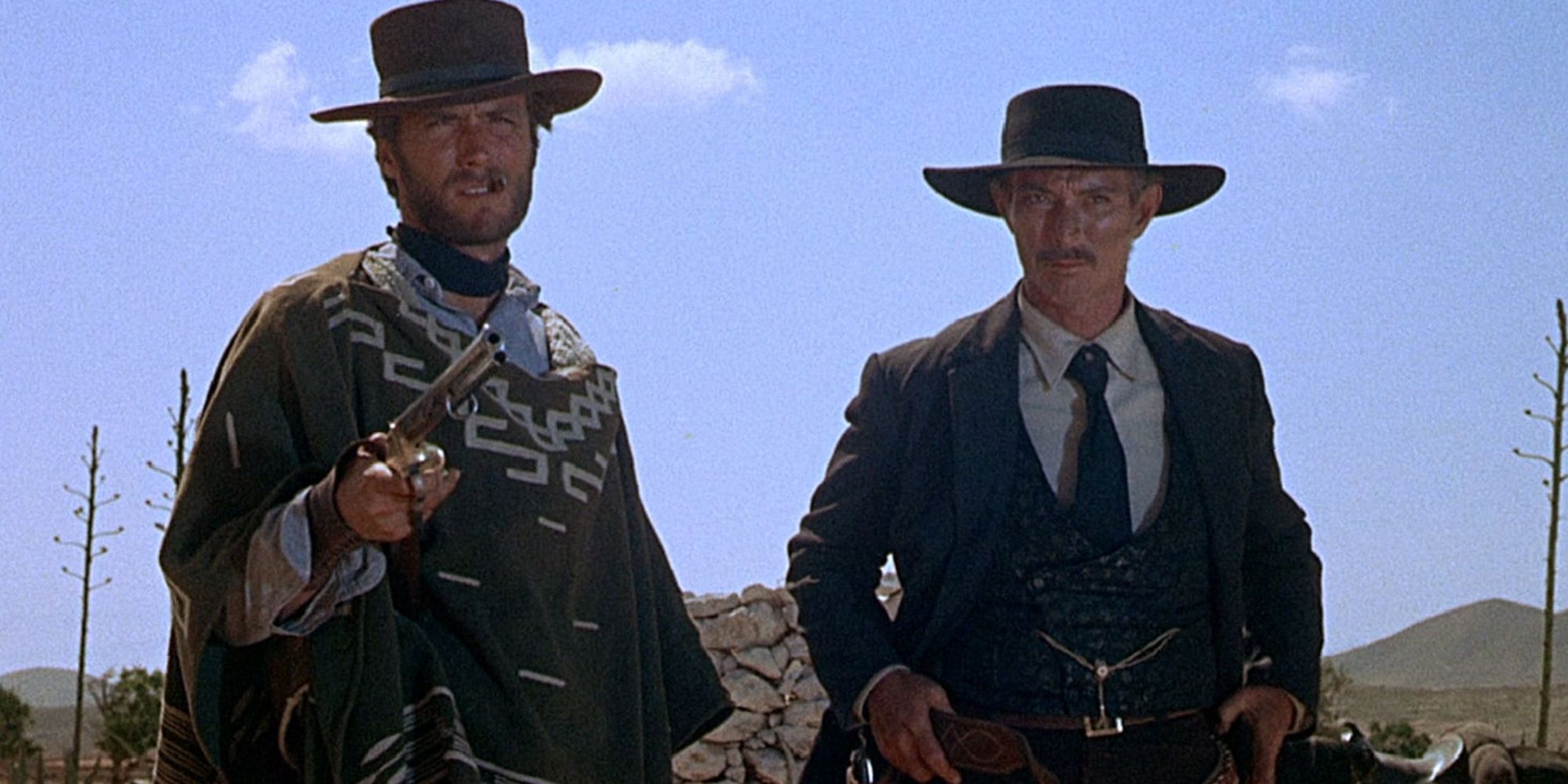
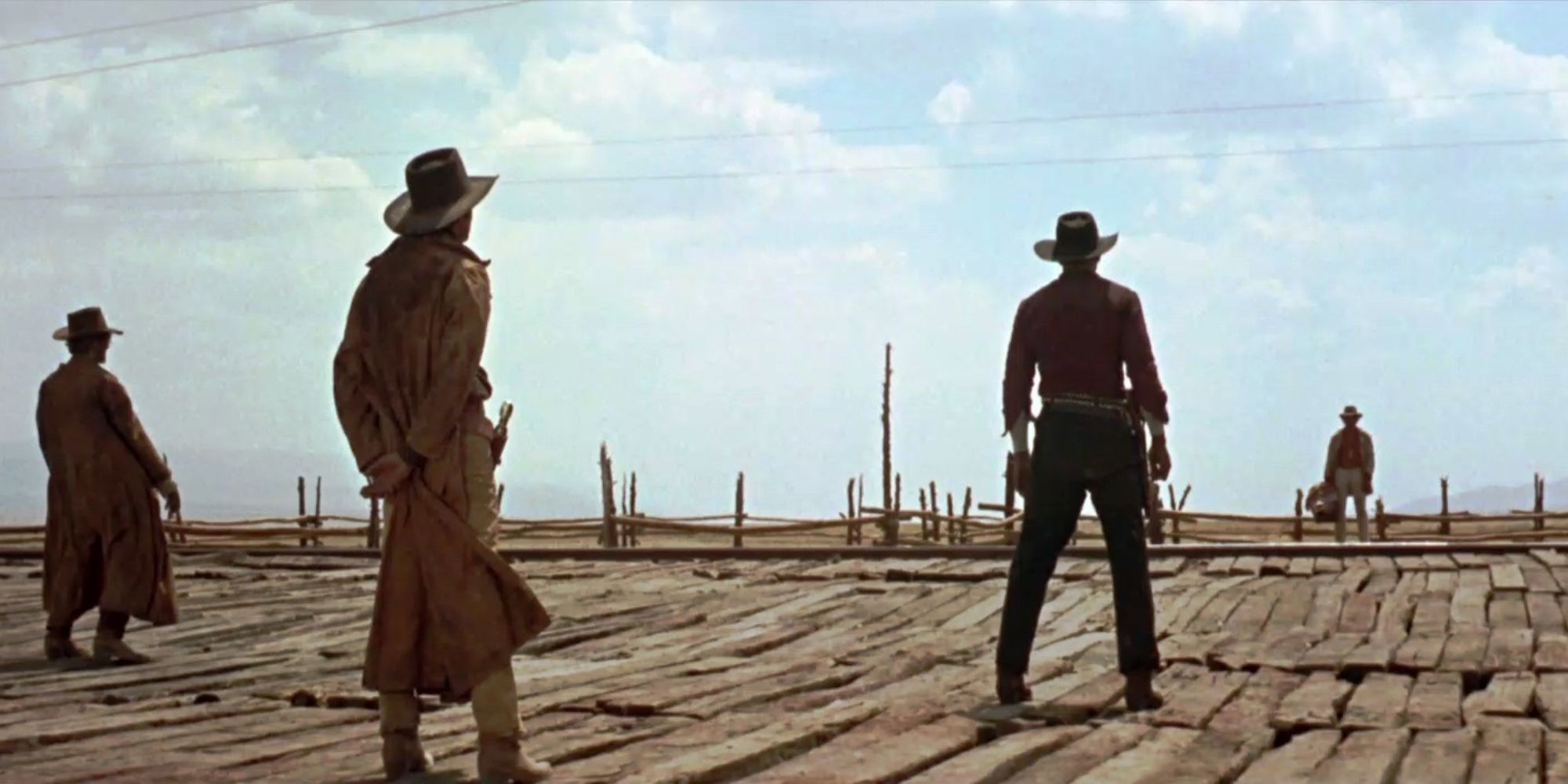
.jpg)
.jpg)
.jpg)
.jpg)